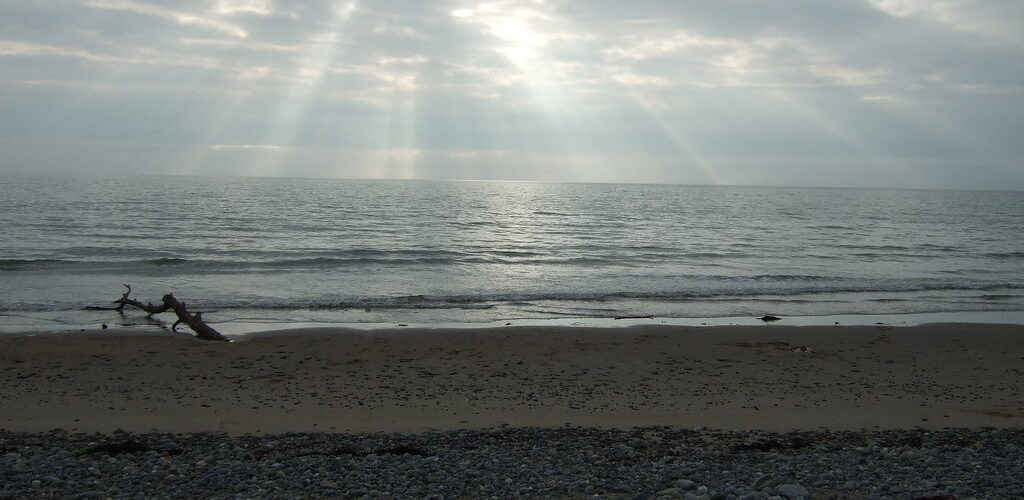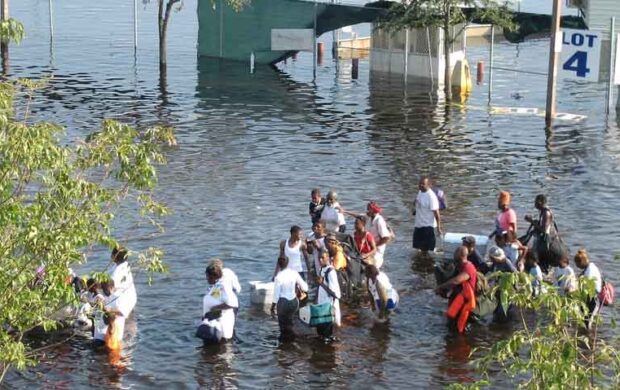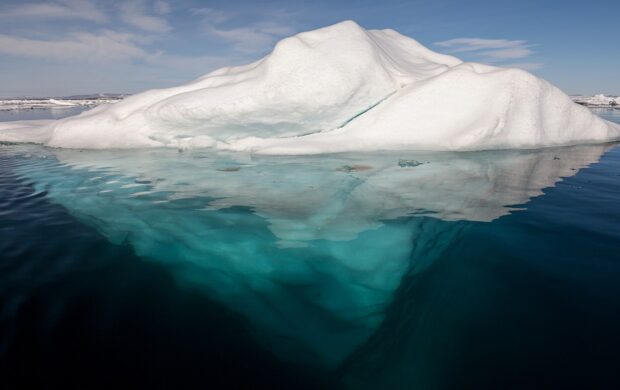The village of Fairbourne, on the coast of Barmouth Bay in Wales, is expected to become abandoned soon as a result of climate change. The rising sea levels have now become uncontrollable, according to the Gwynedd Council, and will most likely lead to the first ever climate change refugees in Britain. Within the next two decades, a task force led by the Council will begin evacuating the village, which is home to 850 residents, and the land will be returned into a tidal salt marsh.

Due to the flat terrain, low lying aspect and elevated water table, Fairbourne is prone to flooding and is therefore protected by a sea wall, earth banks and a network of drainage channels. In 2014, The Fairbourne Moving Forward Project Board, led by Gwynedd Council where Natural Resources Wales (NRW) was a member, had intended to defend the village for a period of 40 years. Defences of the village were also recently improved through a £6.8m scheme. However, the council is facing a shortfall of £13m and has decided that it can no longer afford to defend the village.






